Understanding Heat and Air Repair Services
In modern homes and businesses, heating and air conditioning systems play a crucial role in maintaining indoor comfort. However, like any other mechanical system, HVAC units require regular maintenance and repairs to function efficiently. Heat and air repair services ensure that your heating and cooling system operates smoothly, preventing unexpected breakdowns and costly replacements.
What is Heat and Air Repair?
Heat and air repair refers to the diagnosis, maintenance, and fixing of issues within heating, ventilation, and air conditioning (HVAC) systems. These services address both minor and major problems that can impact the performance and efficiency of your HVAC system.
Key Components of Heat and Air Repair
- Inspection and Diagnosis – HVAC technicians examine the system to detect underlying issues such as faulty thermostats, clogged air filters, or refrigerant leaks.
- Component Repair or Replacement – If any part of the system is damaged, technicians repair or replace components like compressors, coils, or motors.
- Cleaning and Tune-Ups – Dirt and debris accumulation in the system can reduce efficiency. A professional cleaning ensures smooth operation.
- Refrigerant Recharging – If an air conditioning unit is not cooling effectively, it may need a refrigerant recharge.
- Ductwork Inspection – Leaks or blockages in air ducts can impact air distribution. Technicians seal and repair ducts to enhance performance.
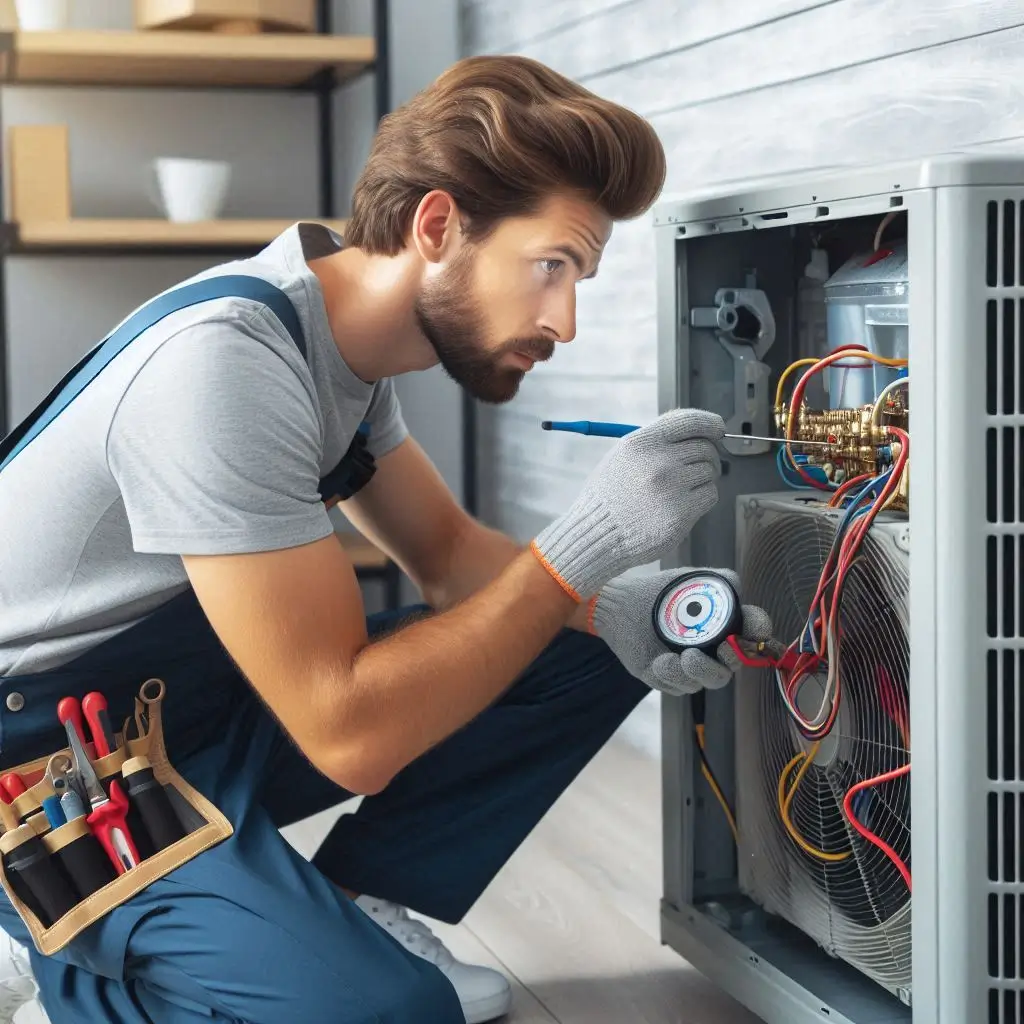
Types of Heat and Air Repair Services
- Emergency Repairs – Urgent fixes required when an HVAC system suddenly stops working.
- Routine Maintenance – Regular check-ups to prevent major failures.
- Energy Efficiency Upgrades – Modifications that enhance the system’s energy efficiency.
- Duct Cleaning and Sealing – Improves airflow and reduces energy waste.
- Smart Thermostat Installation – Helps in automated temperature regulation for better efficiency.
Importance of Timely HVAC Repairs
Neglecting minor HVAC issues can lead to bigger problems, causing discomfort and increasing energy bills. Timely repairs not only restore system performance but also enhance indoor air quality and extend the lifespan of your HVAC unit.
Benefits of Timely HVAC Repairs
- Increased Energy Efficiency
- A well-maintained HVAC system consumes less energy, reducing electricity bills.
- Regular servicing ensures that components function optimally without extra strain.
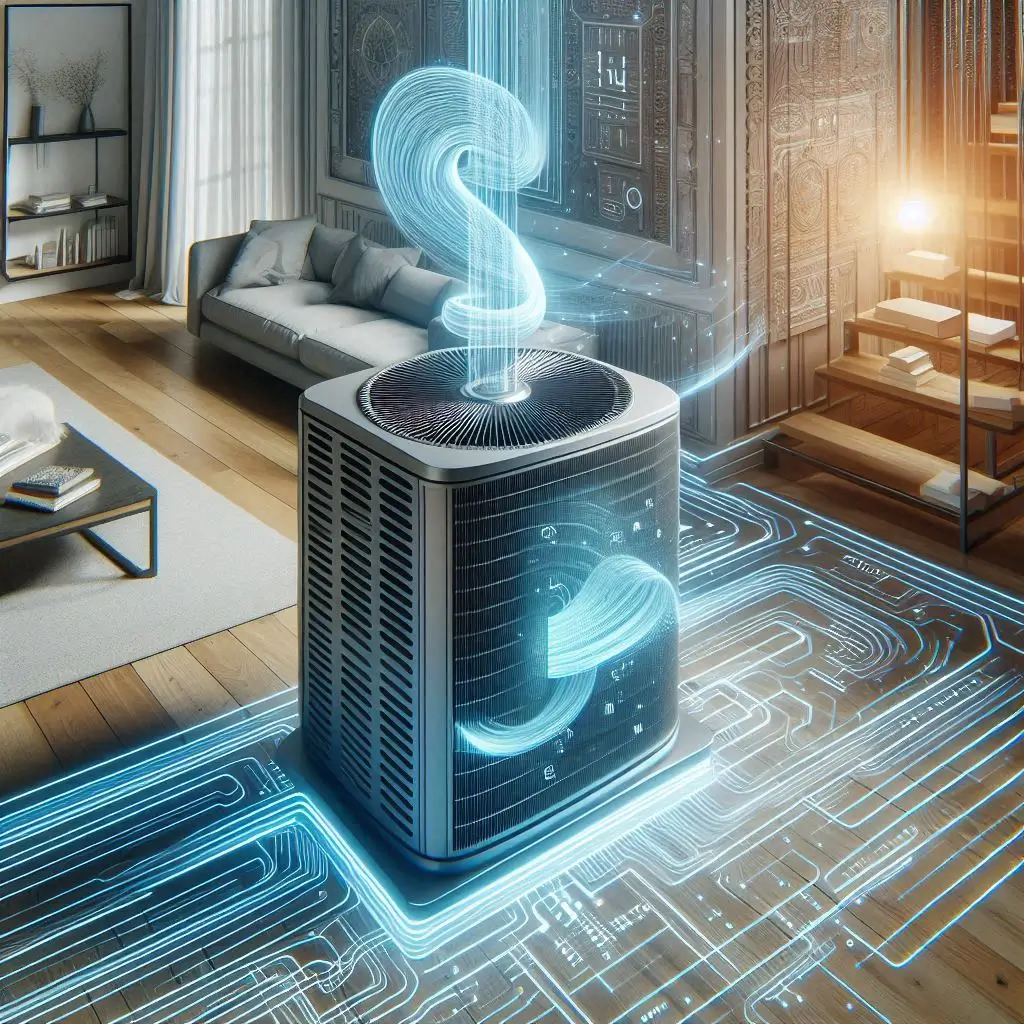
-
Extended Equipment Lifespan
- Addressing small issues early prevents major breakdowns.
- Regular repairs help HVAC units last longer, delaying expensive replacements.
-
Better Indoor Air Quality
- Clogged filters and dirty ducts can reduce air quality, leading to respiratory issues.
- Clean and properly maintained HVAC systems ensure fresh and healthy indoor air.
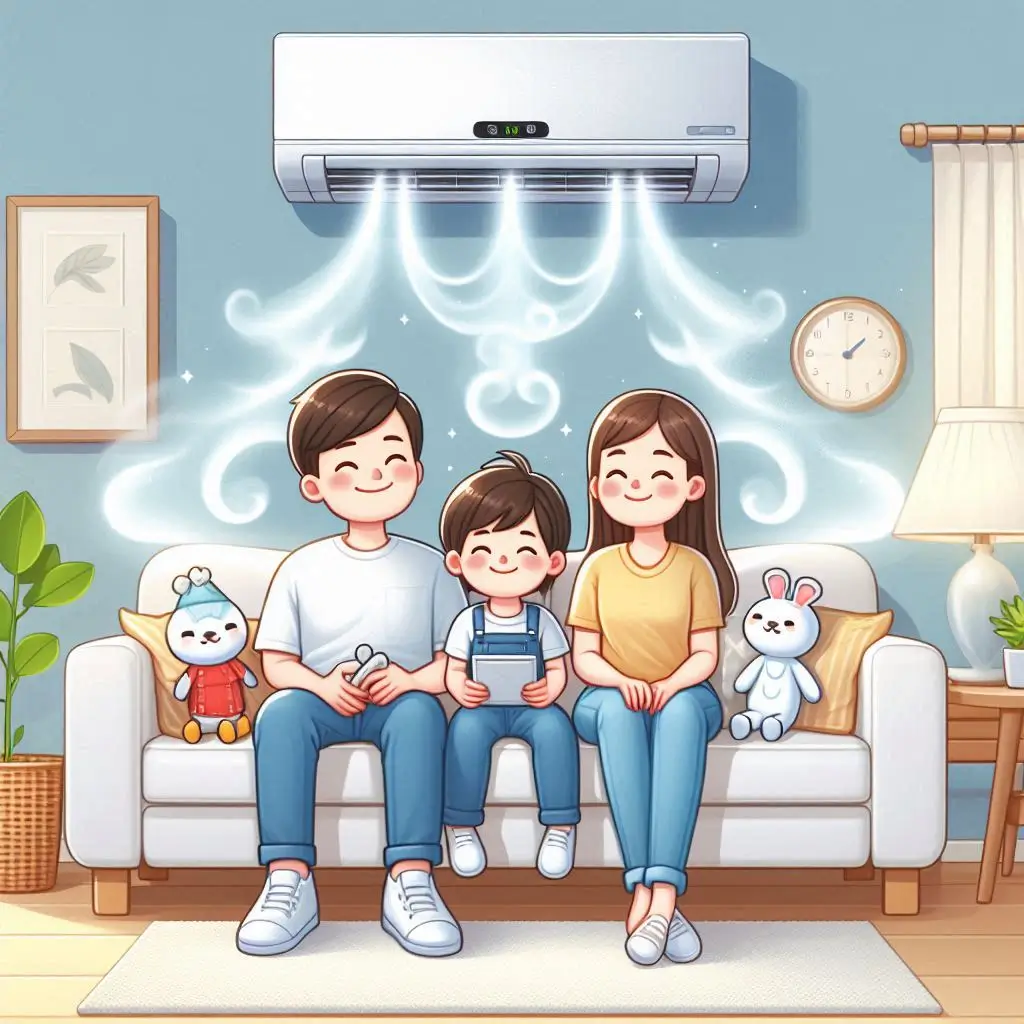
-
Prevention of Sudden Breakdowns
- Ignoring minor malfunctions can result in complete system failure.
- Scheduled maintenance helps avoid unexpected repair costs.
-
Compliance with Warranty Requirements
- Many manufacturers require regular servicing for warranty validation.
- Neglecting maintenance may void your HVAC system’s warranty.
Common Heat and Air Problems and Their Solutions
A properly functioning heating and air conditioning system is essential for maintaining indoor comfort, especially during extreme weather conditions. However, like any other mechanical system, HVAC units can develop issues over time. Identifying problems early and taking immediate action can prevent costly repairs and extend the lifespan of your system. In this section, we will discuss the signs that indicate your HVAC system needs repair and provide troubleshooting tips for common heating and cooling issues.
Signs Your HVAC System Needs Repair
Regular maintenance helps keep your HVAC system in good condition, but some warning signs indicate that a repair is necessary. Ignoring these signs can lead to system failure and higher energy costs.
1. Unusual Noises Coming from the System
A well-functioning HVAC system should operate quietly. If you hear strange noises, it may indicate an issue:
- Banging or Clanking: Loose or broken parts inside the unit.
- Hissing or Whistling: Potential refrigerant leaks or ductwork problems.
- Grinding or Screeching: A failing blower motor or worn-out bearings.
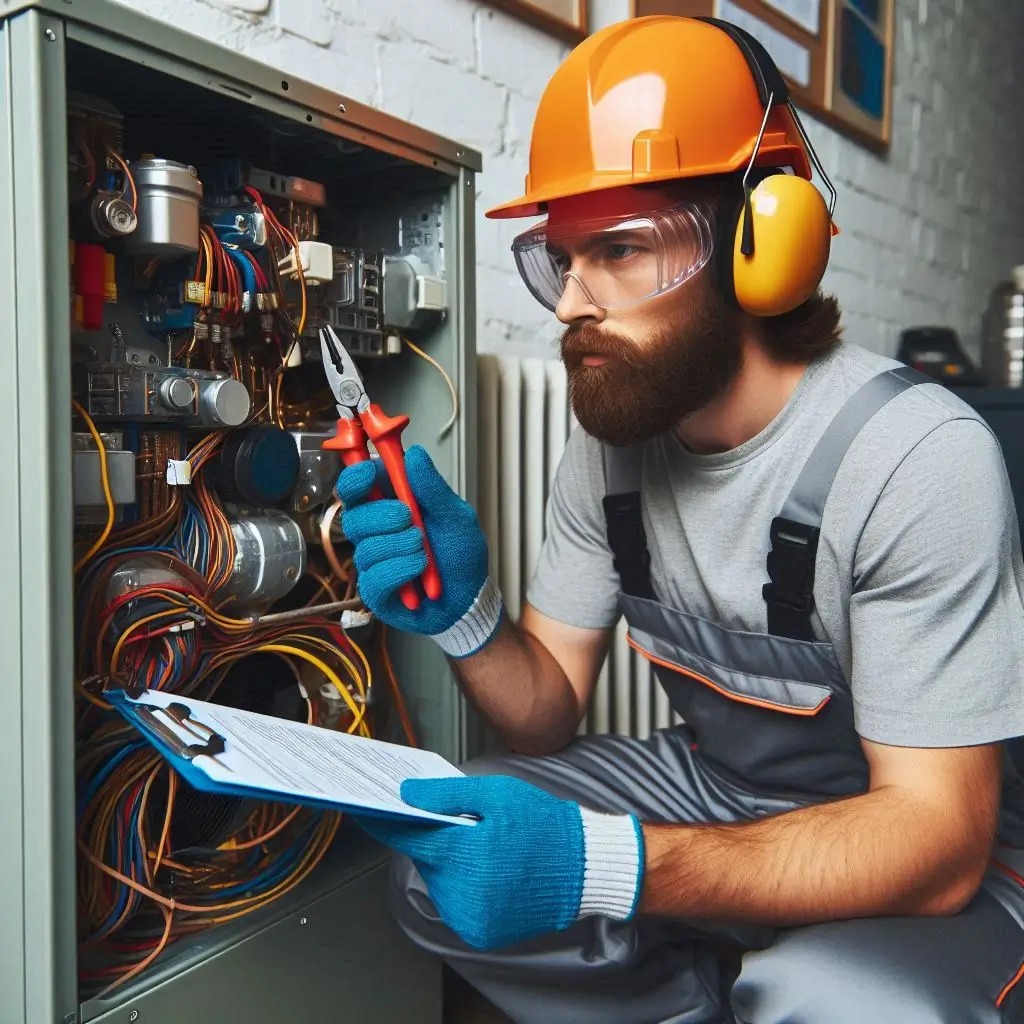
2. Weak or Inconsistent Airflow
If some rooms in your home feel hotter or colder than others, or if airflow is significantly reduced, your HVAC system may have:
- Blocked or dirty air filters restricting airflow.
- Duct leaks or obstructions preventing proper air distribution.
- A failing blower motor struggling to circulate air efficiently.
3. Rising Energy Bills Without Explanation
A sudden increase in your energy bills could indicate:
- An inefficient system due to lack of maintenance.
- A malfunctioning thermostat that is not properly regulating temperature.
- A refrigerant leak forcing your AC to work harder.
4. Unpleasant Odors or Poor Indoor Air Quality
If you notice a musty, burning, or chemical smell coming from your vents, it could mean:
- Mold or mildew buildup in the ducts or evaporator coils.
- Overheating electrical components that may need urgent repairs.
- Burning dust or debris in the furnace or AC unit.
5. Frequent Cycling or System Not Turning On
Your HVAC system should turn on and off at regular intervals. If it frequently cycles or does not start at all, potential causes include:
- A faulty thermostat that is not sending the right signals.
- A clogged air filter causing overheating and shutdown.
- Electrical or wiring issues disrupting system operation.
Troubleshooting Common Heating and Cooling Issues
If your HVAC system is not functioning properly, some minor issues can be fixed without professional help. However, more complex problems require expert repair services.
1. Air Conditioner Not Cooling Properly
Possible Causes and Fixes:
Dirty Air Filters – Check and replace air filters every 1–3 months.
Low Refrigerant Levels – If your AC is blowing warm air, it may have a refrigerant leak. This requires a professional technician.
Blocked Condenser Unit – Clear away dirt, debris, or obstructions around the outdoor condenser unit.
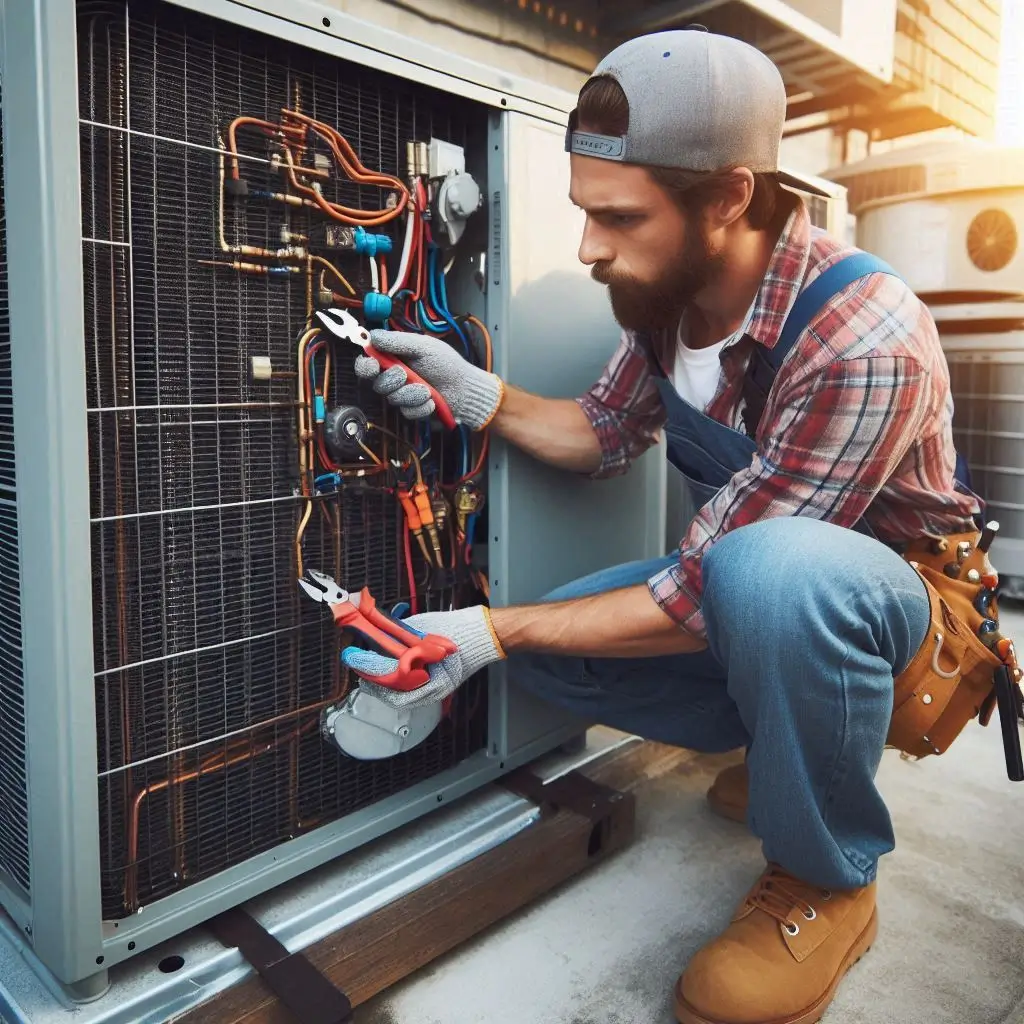
2. Furnace Not Heating Effectively
Possible Causes and Fixes:
Thermostat Issues – Ensure the thermostat is set to heat mode and check the batteries.
Pilot Light or Ignition Problems – If the pilot light is out, relight it if safe, or call a technician for assistance.
Dirty or Clogged Filters – Replace air filters to improve airflow and heating efficiency.
3. HVAC System Producing Strange Odors
Possible Causes and Fixes:
Musty Smell: Clean the air ducts and evaporator coils to remove mold and mildew buildup.
Burning Smell: Turn off the system immediately; this could indicate an electrical issue that needs professional attention.
Rotten Egg Smell: This may be a gas leak in a furnace. Evacuate immediately and contact a professional.
4. Water Leaks Around the HVAC Unit
Possible Causes and Fixes:
Clogged Condensate Drain – Flush the drain line with vinegar or a cleaning solution.
Frozen Evaporator Coils – If the coils are frozen, turn off the system and let them thaw before restarting.
Improper Installation – If leaking persists, a professional should inspect and fix installation issues.
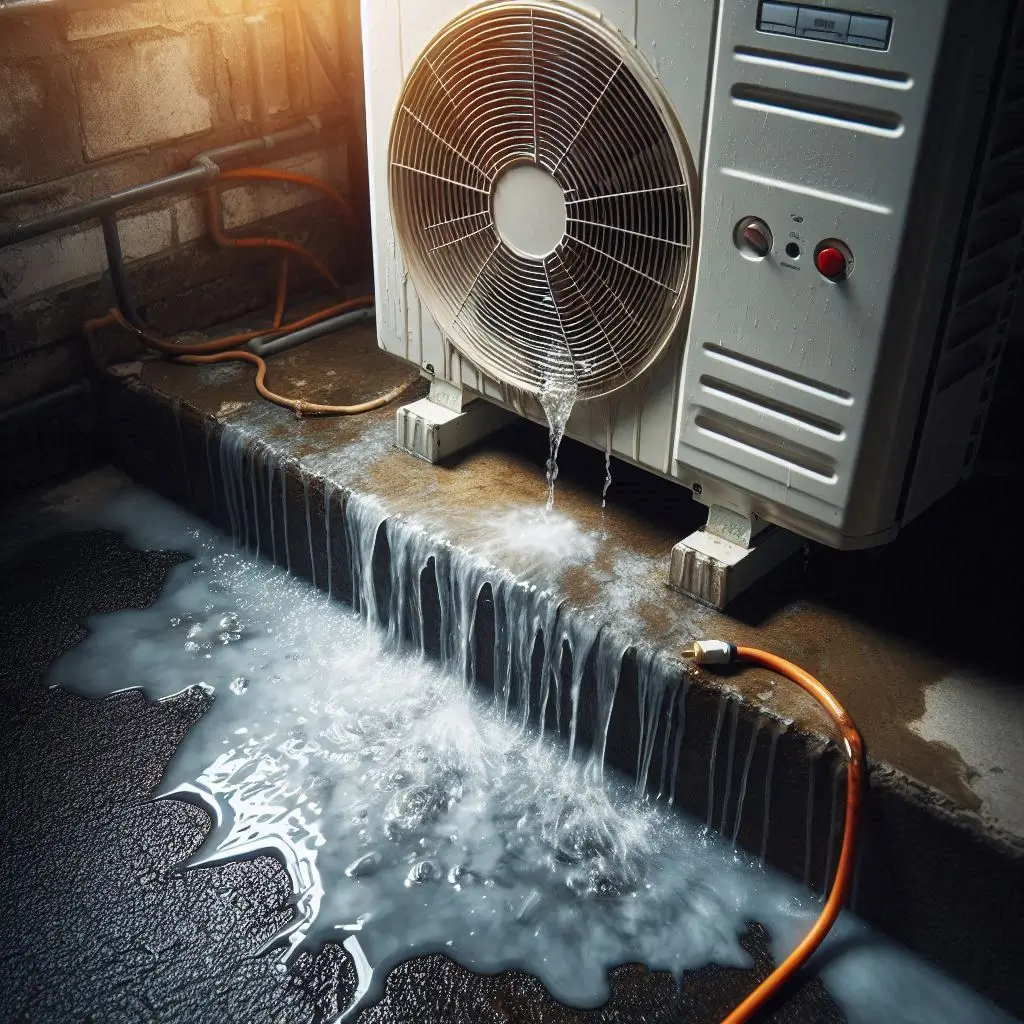
Professional vs DIY Heat and Air Repair
When your HVAC system breaks down, the big question is: Should you attempt to fix it yourself or call a professional? While some minor HVAC issues can be resolved with simple DIY fixes, more complex problems require the expertise of a licensed HVAC technician. Attempting advanced repairs without the right knowledge can lead to bigger problems, higher costs, and even safety hazards.
This guide will help you determine when you can handle HVAC repairs yourself and when it’s time to call a professional for expert assistance.
When to Call an HVAC Technician
While DIY solutions may seem tempting, some HVAC problems require professional intervention. Ignoring these issues or attempting improper repairs can lead to costly damages, safety risks, and reduced system efficiency.
1. Strange Noises or Burning Smell
If you hear banging, grinding, whistling, or screeching sounds, it could indicate loose parts, a faulty motor, or other serious mechanical issues. A burning smell may suggest an electrical problem that requires immediate professional attention.
💡 Why Call a Technician?
- Prevents further damage to internal components.
- Ensures electrical safety and avoids fire hazards.
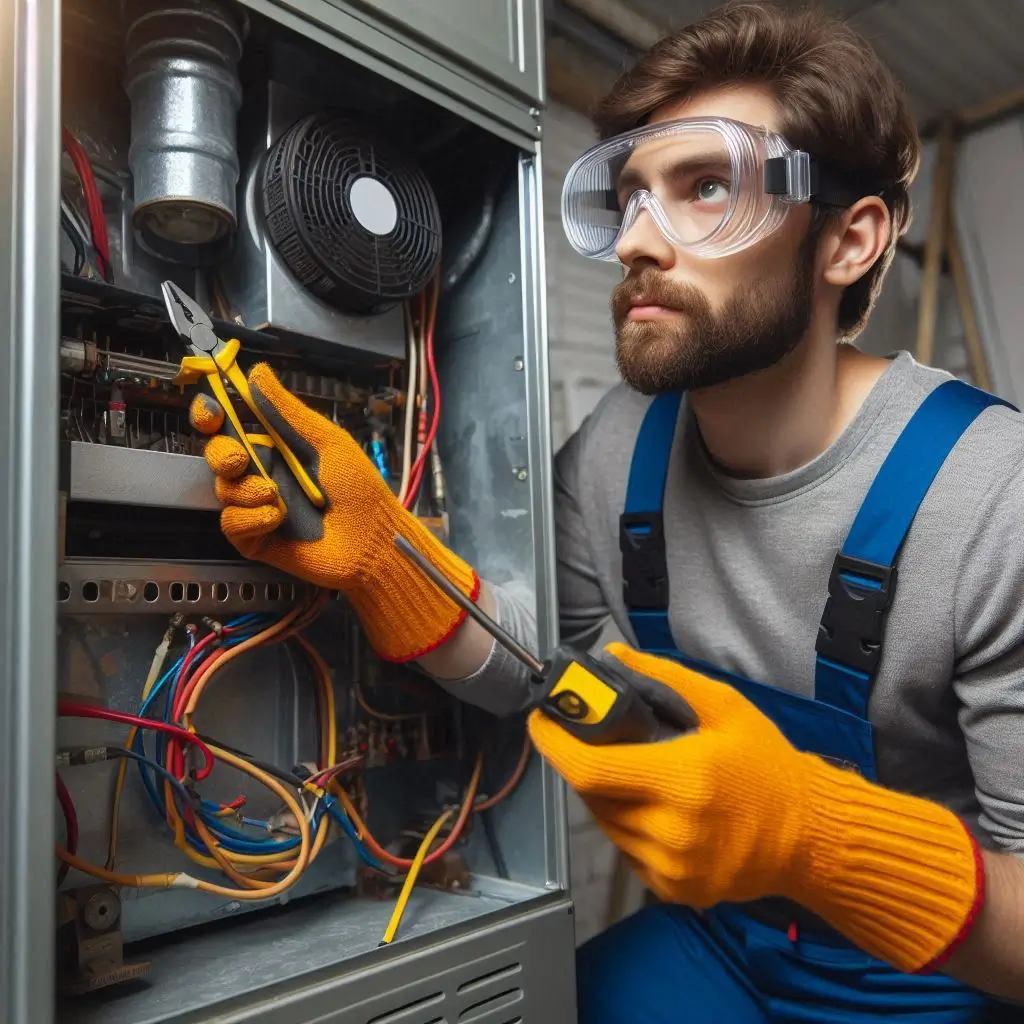
2. Frequent Cycling or System Won’t Turn On
If your air conditioner or heater is frequently turning on and off or won’t start at all, the issue might be related to:
- A faulty thermostat sending incorrect signals.
- Electrical wiring problems disrupting power supply.
- A damaged compressor or internal component failure.
💡 Why Call a Technician?
- Electrical and wiring repairs require expertise.
- Incorrect fixes can cause more harm than good.
3. Refrigerant Leaks or Weak Cooling/Heating
If your air conditioner is blowing warm air instead of cold or your heater isn’t warming up your space, it could be due to:
- Low refrigerant levels from a possible leak.
- Compressor failure affecting heat transfer.
- Clogged coils reducing system efficiency.
💡 Why Call a Technician?
- Refrigerant leaks are hazardous and require professional handling.
- Complex components like compressors need expert diagnostics.
4. High Energy Bills Without Explanation
A sudden rise in energy costs could mean your HVAC system is running inefficiently due to underlying issues like:
- Blocked air filters forcing the system to work harder.
- Aging or worn-out components reducing efficiency.
- Duct leaks allowing air loss, increasing energy consumption.
💡 Why Call a Technician?
- A professional can inspect and restore system efficiency.
- Helps prevent further increases in energy bills.
Simple Fixes You Can Try at Home
Not every HVAC issue requires a professional repair service. Some minor problems can be fixed quickly and safely with a little DIY effort.
1. Replacing or Cleaning Air Filters
Problem: Weak airflow, poor indoor air quality, or an overworking system.
Solution: Check your air filter every 30-60 days and replace or clean it if it appears dirty. A clean air filter ensures proper airflow and prevents dust buildup.
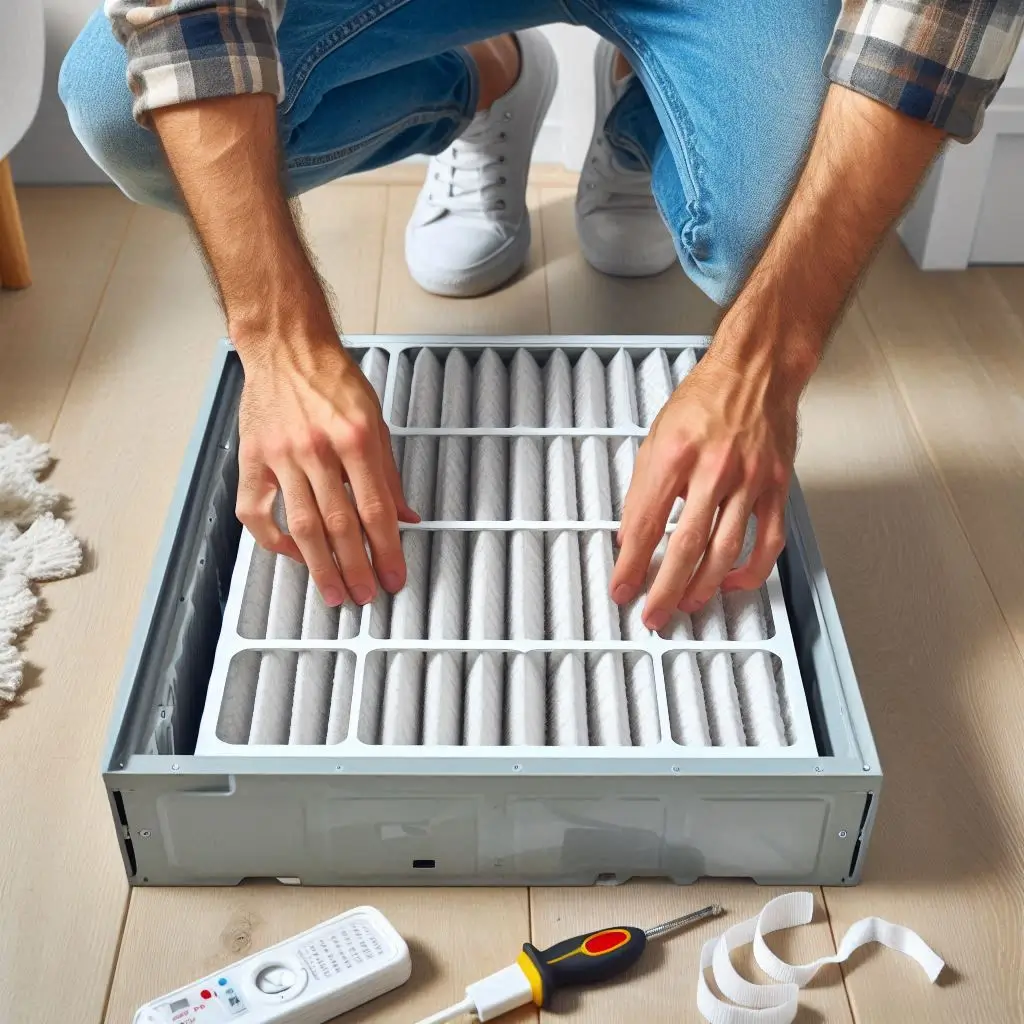
2. Resetting the Thermostat
Problem: The HVAC system isn’t turning on or is not maintaining the correct temperature.
Solution: Try these steps:
- Check thermostat batteries and replace them if needed.
- Ensure correct settings (Cool/Heat mode as per season).
- Reset the thermostat by turning it off and on after a few minutes.
3. Clearing the Outdoor Unit
Problem: The AC unit is running, but cooling is inefficient.
Solution:
- Remove leaves, dirt, and debris blocking the outdoor condenser.
- Use a soft brush or hose to gently clean the fins.
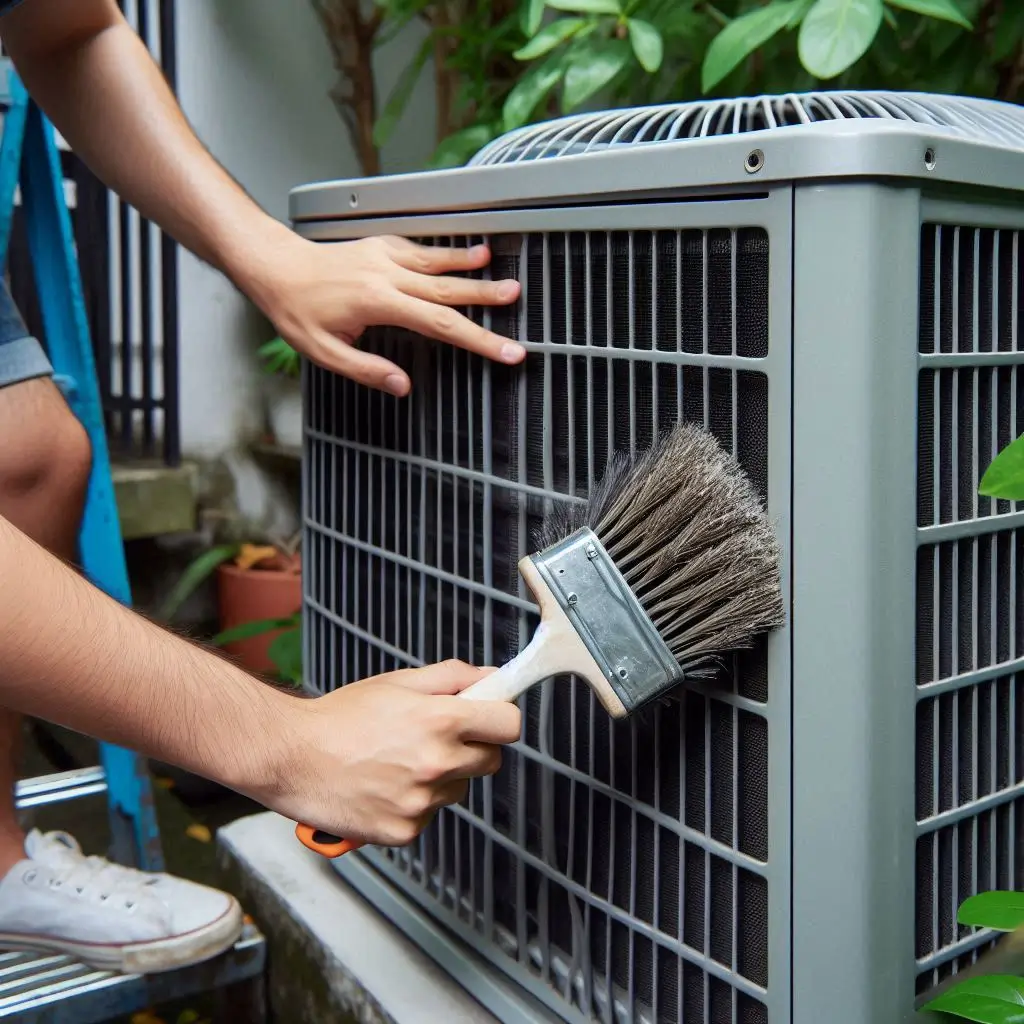
4. Checking for Airflow Blockages
Problem: Uneven cooling or heating in different rooms.
Solution:
- Ensure all vents are open and unobstructed by furniture or curtains.
- Inspect ductwork for visible leaks or disconnections.
5. Unclogging the Condensate Drain Line
Problem: Water leaks around the AC unit or increased humidity indoors.
Solution:
- Locate the drain line and flush it with vinegar or warm water to remove clogs.
How to Choose the Right HVAC Repair Service
When your heating and cooling system needs repair, finding a trustworthy HVAC service is crucial. The wrong choice can lead to costly repairs, inefficient system performance, and safety risks. A professional HVAC repair service should offer quality work, transparency, and reliability to ensure your system runs efficiently.
In this guide, we will explore the key qualities of a reliable HVAC company and the essential questions to ask before hiring an HVAC technician.
Qualities of a Reliable HVAC Repair Company
Not all HVAC repair companies provide the same level of service. To ensure your system receives top-quality repairs, look for these essential qualities:
1. Proper Licensing and Certifications
A legitimate HVAC company should hold the necessary licenses and certifications to operate legally in your area. Certified technicians ensure that your HVAC system is repaired according to industry standards.
What to Look For:
- Verify that the company is licensed in your state.
- Look for NATE (North American Technician Excellence) certification, which indicates a high level of expertise.
- Ensure they comply with EPA regulations if they handle refrigerants.
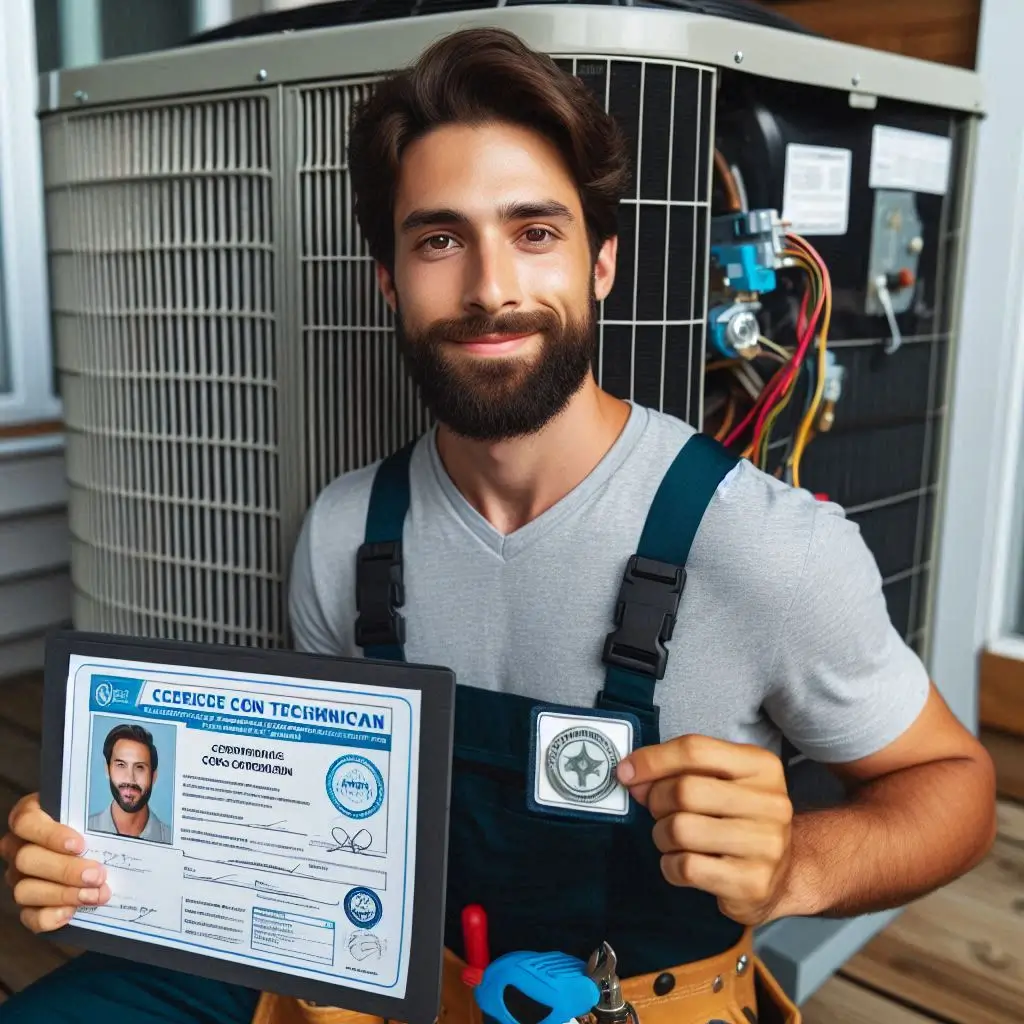
2. Experience and Industry Reputation
Experience matters when choosing an HVAC repair company. A well-established company has a track record of successful repairs and satisfied customers.
How to Evaluate:
- Check online reviews and testimonials on Google, Yelp, and BBB (Better Business Bureau).
- Ask for references from past customers to assess their work quality.
- Look for a company with at least 5+ years of industry experience.
3. 24/7 Emergency Services
HVAC issues can arise at any time. A reliable company should provide round-the-clock emergency repairs, especially during extreme weather conditions when a breakdown can be critical.
✅ Why It Matters:
- Avoids long downtimes in case of sudden HVAC failures.
- Ensures quick and efficient solutions when you need them the most.
4. Transparent Pricing and Written Estimates
A professional HVAC company should provide clear pricing details without hidden fees. They should also offer a written estimate before starting any work.
What to Ask:
- Do they provide free estimates or charge a service call fee?
- Is the pricing fixed or based on hourly labor rates?
- Are warranty options available for repairs and parts?
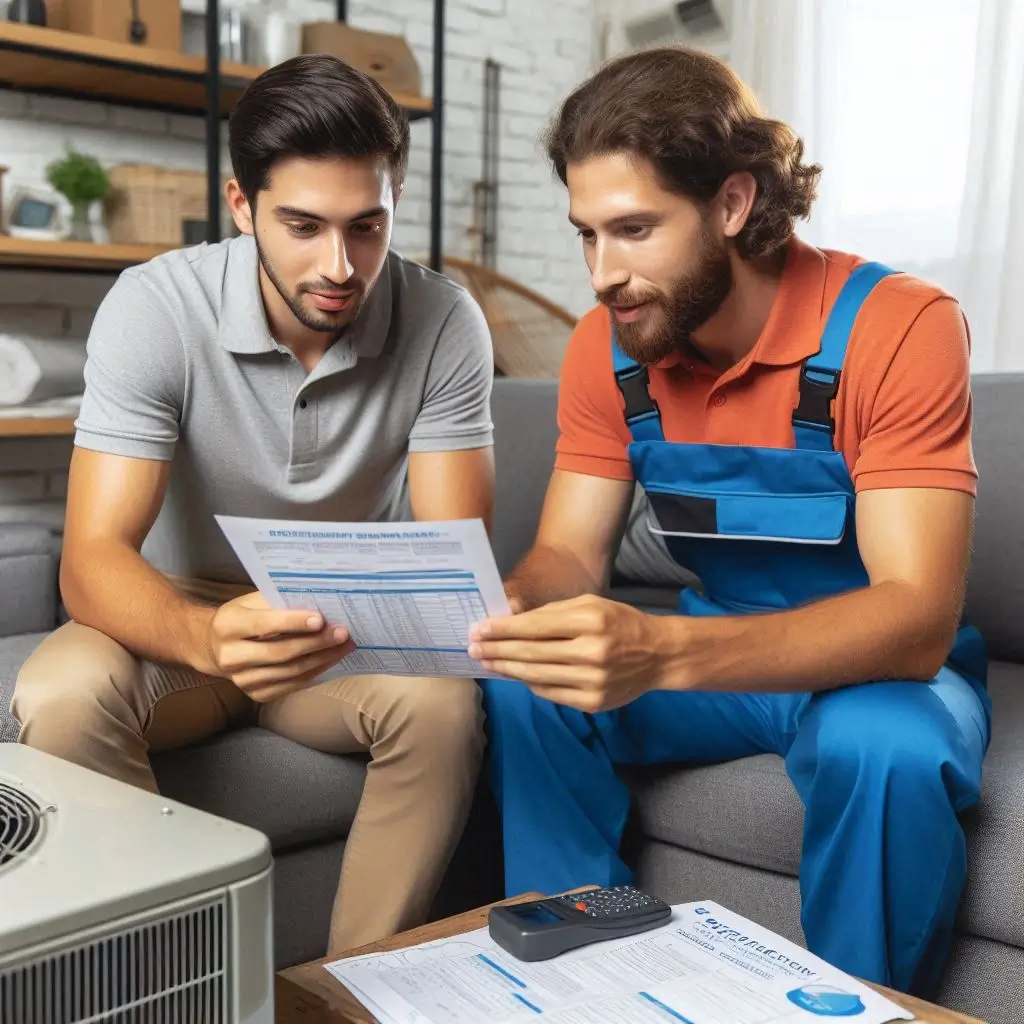
5. Use of High-Quality Parts and Equipment
An HVAC repair company should use genuine, high-quality parts to ensure long-term efficiency and durability.
Key Considerations:
- Do they use manufacturer-approved parts?
- Do they offer warranties on parts and labor?
Questions to Ask Before Hiring an HVAC Technician
Before hiring an HVAC repair service, asking the right questions can help you determine if they are qualified and trustworthy. Here are some important questions to ask:
1. Are You Licensed and Insured?
A reputable HVAC technician should provide proof of licensing and insurance. This ensures that you are protected in case of accidents or property damage during repairs.
2. What HVAC Brands Do You Work With?
Some technicians specialize in specific HVAC brands. If your system is from a particular manufacturer, ensure they have experience with that brand.
Follow-up Question:
- Do you have certified training for repairing [brand name] HVAC systems?
3. Do You Offer a Warranty on Repairs?
Reliable companies should provide a warranty on labor and parts. This ensures that if something goes wrong after the repair, you won’t have to pay again.
Typical HVAC Repair Warranties:
- 30-90 days for labor.
- 1 year+ for replacement parts.
4. Can You Provide a Detailed Estimate?
A trustworthy technician should be able to break down the cost of:
- Labor fees
- Replacement parts
- Additional services

5. What Is Your Availability for Emergency Repairs?
Since HVAC failures can happen at any time, ensure the company offers 24/7 emergency services for urgent situations.
6. How Long Will the Repair Take?
Get a realistic timeline for how long the repair will take to avoid unnecessary delays.
Estimated Repair Durations:
- Filter replacement: 10-15 minutes
- Thermostat repair: 30-45 minutes
- Refrigerant recharge: 1-2 hours
- Major component replacement: 3-6 hours
Preventative Maintenance Tips for Heating and Cooling Systems
Keeping your HVAC system in top condition requires regular maintenance. Routine care can improve energy efficiency, extend the lifespan of your unit, and prevent costly breakdowns. Whether you own a residential or commercial HVAC system, following a preventative maintenance plan can save you time, money, and discomfort.
In this guide, we will cover a routine HVAC maintenance checklist and explain how regular maintenance helps reduce long-term costs.
Routine HVAC Maintenance Checklist
A well-maintained HVAC system runs more efficiently, improves indoor air quality, and reduces the risk of unexpected failures. Below is a step-by-step maintenance checklist to keep your heating and cooling system in peak condition.
1. Change or Clean Air Filters Monthly
Dirty air filters restrict airflow, forcing your system to work harder. This increases energy consumption and reduces indoor air quality.
Best Practice:
- Replace disposable filters every 30-90 days.
- Clean washable filters monthly.
- Use high-quality HEPA filters for better air filtration.
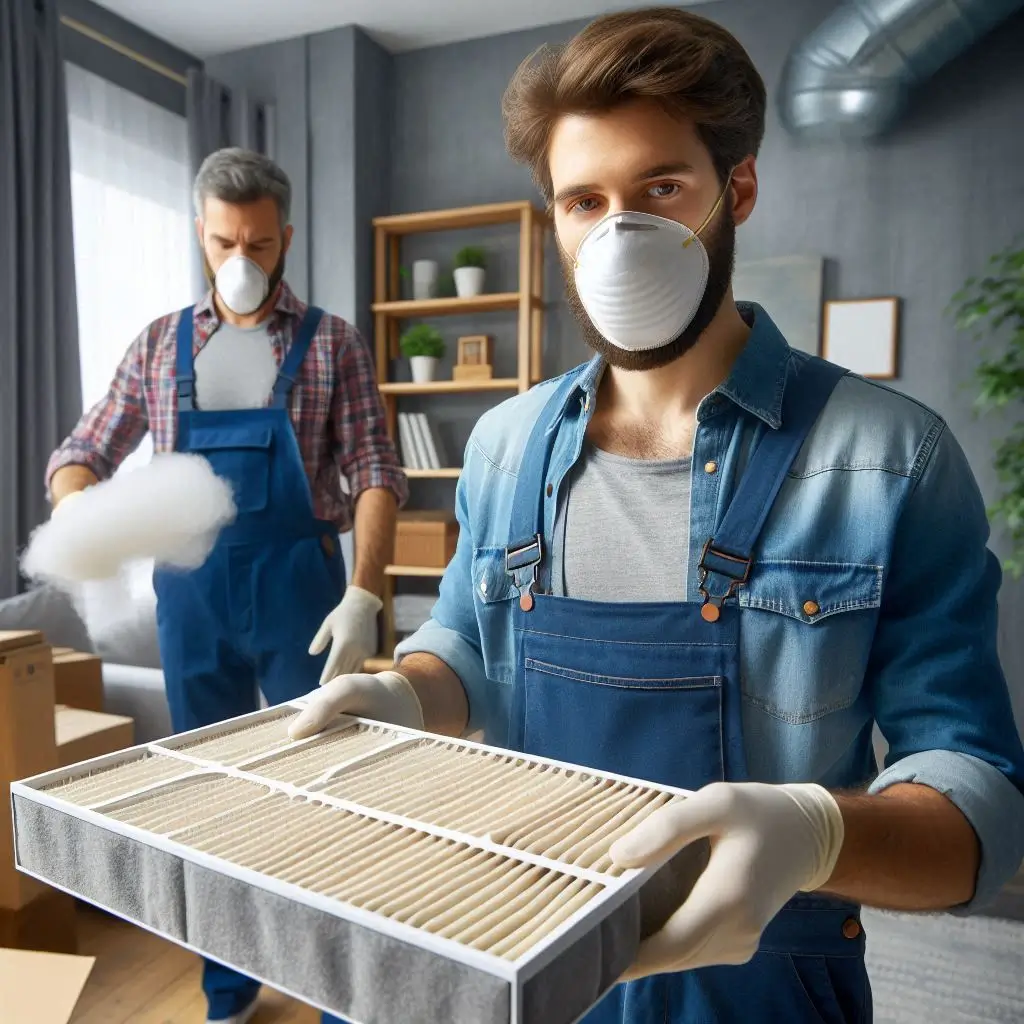
2. Inspect and Clean the Outdoor Unit
The outdoor condenser unit accumulates dust, leaves, and debris, which can block airflow and reduce efficiency.
Steps to Clean It:
- Turn off the power to the unit.
- Remove any leaves, dirt, and debris from the coils.
- Spray the coils with coil cleaner and rinse gently with water.
- Ensure at least 2 feet of clearance around the unit.
3. Check and Clean Air Ducts
Dirty air ducts circulate dust, allergens, and mold throughout your home, reducing air quality and system efficiency.
Maintenance Tips:
- Inspect ducts for leaks, dust buildup, and mold.
- Hire a professional for deep air duct cleaning every 2-3 years.
4. Test the Thermostat for Accuracy
An inaccurate thermostat can cause uneven heating and cooling, leading to higher energy bills.
How to Test It:
- Compare the thermostat reading with a separate room thermometer.
- If inaccurate, recalibrate or replace the thermostat.
- Upgrade to a programmable or smart thermostat for energy savings.

5. Inspect Electrical Components and Connections
Loose or faulty electrical connections can cause HVAC failures or even fire hazards.
What to Check:
- Look for burnt wires, loose connections, or frayed cables.
- Ensure capacitors and relays are functioning properly.
- Call an HVAC technician if you notice any issues.
6. Lubricate Moving Parts
HVAC systems have various moving components, such as motors, fans, and belts. Without proper lubrication, friction increases, causing wear and tear.
Lubricate:
- Blower motor bearings
- Fan belts
- Moving joints
7. Flush the Condensate Drain Line
A clogged condensate drain line can cause water leaks, mold growth, and system malfunctions.
How to Clean It:
- Use a wet/dry vacuum to remove clogs.
- Flush the drain with a mixture of vinegar and water.
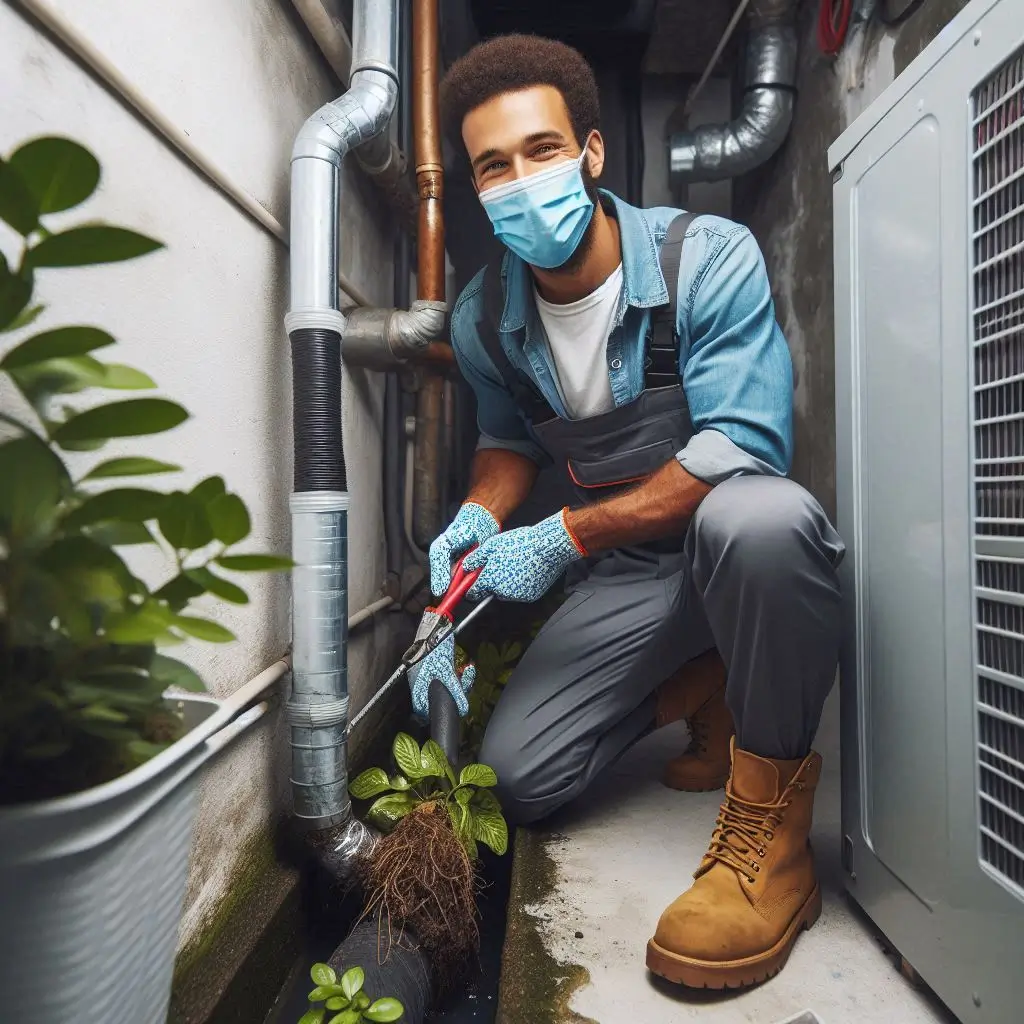
8. Schedule Professional HVAC Maintenance
While DIY maintenance is essential, professional servicing ensures deeper inspection and repair of potential issues.
Annual Tune-ups Include:
- Refrigerant level check
- Comprehensive system inspection
- Tightening loose connections
- Deep coil cleaning
How Regular Maintenance Can Save You Money
1. Reduces Energy Bills
A properly maintained HVAC system operates at peak efficiency, consuming less energy. Dirty filters, clogged coils, and low refrigerant levels force your system to work harder, increasing electricity usage.
Fact: According to the U.S. Department of Energy, replacing dirty filters alone can reduce energy consumption by 5-15%.
2. Prevents Costly Repairs
Minor issues, if left unchecked, can lead to major breakdowns that require expensive repairs. Regular inspections can catch small problems before they escalate.
Example:
- Ignoring a refrigerant leak can lead to compressor failure, costing $1,200 – $2,500 to replace.
3. Extends HVAC System Lifespan
Routine maintenance helps prevent excessive wear and tear, ensuring your system lasts its full lifespan of 15-20 years instead of breaking down prematurely.
Cost Comparison:
- Replacing a full HVAC system costs $5,000 – $12,000.
- Annual maintenance costs $100 – $300, saving thousands in the long run.
4. Improves Indoor Air Quality
A well-maintained system filters out dust, pollen, and allergens, reducing the risk of respiratory problems and allergies.
Tip: Consider adding a UV light air purifier to eliminate bacteria and mold inside the HVAC system.
5. Ensures Warranty Coverage
Most HVAC manufacturers require proof of regular maintenance to keep warranties valid. Skipping maintenance could void your warranty, leaving you responsible for costly repairs.
Frequently Asked Questions About Heat and Air Repair
When it comes to HVAC repair, homeowners and business owners often have common concerns regarding costs, maintenance, efficiency, and troubleshooting. Below are some of the most frequently asked questions about heat and air repair, along with expert insights to help you keep your HVAC system in top shape.
1. How Often Should I Service My HVAC System?
Regular HVAC maintenance is essential for ensuring optimal performance and longevity.
Recommended HVAC Maintenance Schedule:
- Air Filters: Replace every 1-3 months (monthly for pet owners or allergy sufferers).
- General Inspection & Tune-up: At least twice a year (before summer and winter).
- Duct Cleaning: Every 3-5 years (or sooner if dust buildup is noticeable).
- Refrigerant Levels & Electrical Checks: Annually by a professional technician.
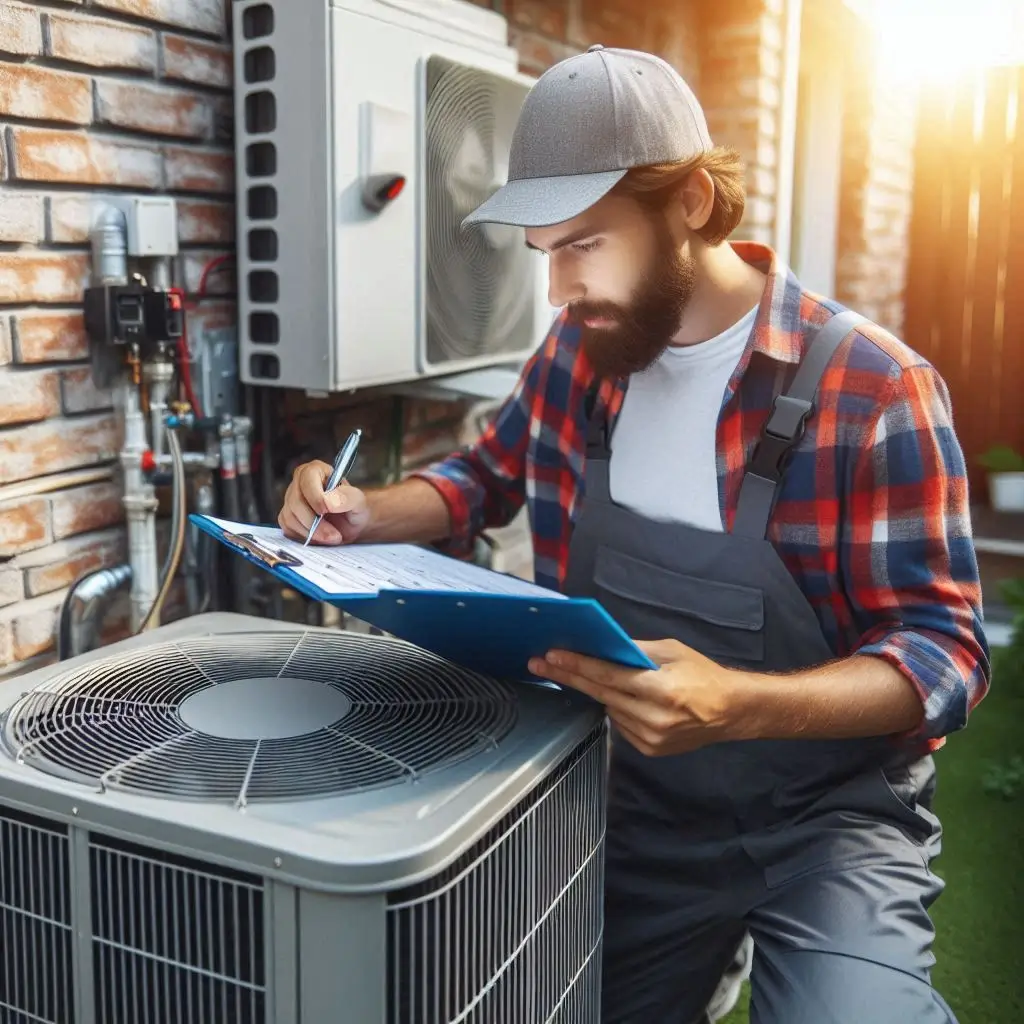
2. What Are the Signs That My HVAC System Needs Repair?
Ignoring small HVAC issues can lead to expensive repairs or system failure. Here are the most common warning signs that your HVAC unit needs professional attention:
Common HVAC Repair Signs:
- Uneven Heating or Cooling: Some rooms feel warmer or colder than others.
- Unusual Noises: Banging, hissing, or grinding sounds indicate loose or failing components.
- Weak Airflow: A clogged air filter, blocked ducts, or failing blower motor could be the cause.
- Short Cycling: The system turns on and off frequently, which increases energy costs.
- Unexplained Energy Bill Spikes: Sudden increases may indicate inefficient operation.
- Bad Odors or Poor Air Quality: Musty or burning smells signal mold, electrical issues, or dirty air filters.
3. How Much Does Heat and Air Repair Cost?
The cost of HVAC repair varies based on the issue, system type, and labor rates. Below is a cost breakdown for common HVAC repairs:
Average HVAC Repair Costs:
- Thermostat Replacement: $100 – $300
- Capacitor Repair: $150 – $400
- Refrigerant Leak Repair: $200 – $1,500
- Blower Motor Replacement: $400 – $1,200
- Compressor Replacement: $1,200 – $2,500
- Full System Replacement: $5,000 – $12,000
Pro Tip: To avoid costly repairs, schedule regular maintenance and tune-ups with a licensed HVAC technician.

4. Is It Better to Repair or Replace My HVAC System?
Deciding whether to repair or replace an HVAC system depends on its age, repair costs, and efficiency.
General Guidelines:
- If your HVAC system is under 10 years old, repair is usually the best option.
- If repair costs exceed 50% of a new system’s price, replacement is more cost-effective.
- If your unit is over 15 years old, replacing it with an energy-efficient model can save money in the long run.
- If your system uses outdated refrigerants (like R-22), replacement is necessary since these are no longer available.
5. Can I Perform HVAC Repairs Myself?
While basic HVAC maintenance can be done at home, most repairs require a licensed technician.
Safe DIY HVAC Maintenance Tasks:
- Changing air filters monthly.
- Cleaning air vents and registers to maintain airflow.
- Checking for visible blockages in outdoor condenser units.
- Replacing thermostat batteries if the display is blank.
Avoid DIY on:
- Refrigerant Leaks: Requires specialized equipment and certification.
- Electrical Repairs: Incorrect handling can cause shocks or fire hazards.
- Compressor or Motor Issues: Internal components need expert troubleshooting.
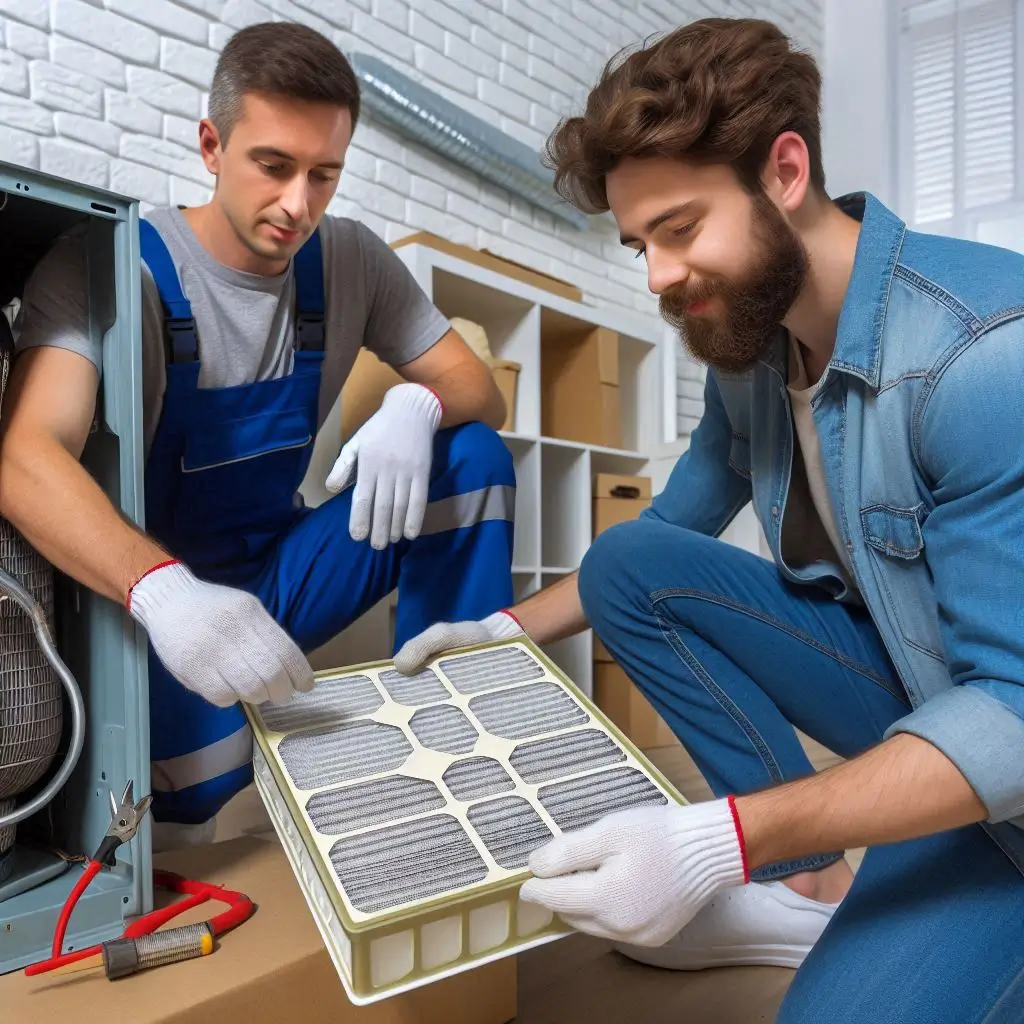
6. How Can I Improve My HVAC System’s Energy Efficiency?
Improving HVAC efficiency can significantly reduce energy bills and extend system life.
Energy-Saving Tips:
- Upgrade to a Smart Thermostat: Adjusts temperature settings automatically.
- Seal Air Leaks: Prevents heat loss and improves insulation.
- Use Ceiling Fans: Helps distribute air evenly, reducing strain on your HVAC system.
- Schedule Seasonal Maintenance: Ensures optimal performance before peak summer/winter.
7. What Should I Look for in an HVAC Repair Company?
Choosing a reliable HVAC repair service ensures quality work and long-term savings.
Checklist for Hiring an HVAC Technician:
- Licensed and Insured: Protects you from liability.
- Experience: At least 5+ years in the industry.
- Positive Customer Reviews: Check Google and Yelp ratings.
- Upfront Pricing & Warranty: No hidden fees and service guarantees.
Pro Tip: Always request written estimates before approving repairs.
Conclusion
Ensuring your heat and air repair needs are met with timely maintenance, professional service, and proactive care is essential for maintaining a comfortable indoor environment. By recognizing early warning signs, troubleshooting minor issues, and scheduling routine maintenance, you can extend the lifespan of your HVAC system and avoid costly breakdowns. While some simple fixes can be done at home, complex repairs should always be handled by licensed HVAC technicians to ensure safety and efficiency.
Choosing a reliable HVAC repair company with experience, certifications, and positive customer reviews is key to getting the best service. Additionally, preventative maintenance and energy-saving strategies can reduce utility bills and improve your system’s performance year-round.
By following these expert insights, you can keep your heating and cooling system running smoothly, ensuring optimal comfort, efficiency, and long-term cost savings for your home or business. If you’re experiencing HVAC issues, don’t hesitate to contact a trusted professional for expert heat and air repair services.

